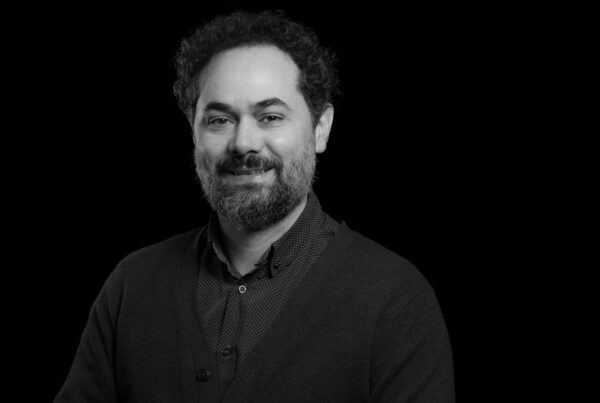I was born in Burgos (Spain), but spent my early years in the scenic village of Benasque. I graduated in Physics from the Universidad de Zaragoza (2002), and moved to the Universitat de Barcelona for my PhD. During my thesis I focused on alternatives to General Relativity to try to alleviate the cosmological constant problem.
In 2008 I moved to EPFL, Switzerland were I developed theories of quantum gravity without Lorentz invariance and CLASS, a computer code widely used in modern cosmology. After few months in NYU, I moved to CERN in 2012, first as Senior Fellow and in 2014 as Staff Member. In this period, I widened my research towards analytical methods for large scale structure and new ideas to test dark matter models in astrophysics and precise (quantum) devices.
In 2018 I joined King's College London as Senior Lecturer and in 2021 the Universitat Autònoma de Barcelona and IFAE as Beatriz Galindo Distinguished Researcher. I was appointed ICREA Research Professor in 2023.
